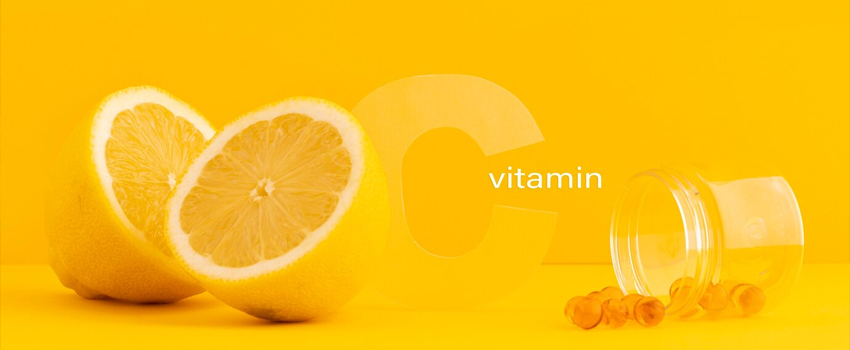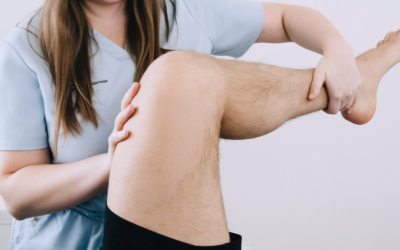Proper nutrition plays a very crucial role in the process of wound healing in vascular patients. Poor nutrition can give rise to serious complications, such as slower healing or infection which in turn increases the chances of amputation. Real life cases have demonstrated that patients not paying due attention to their nutrition during their recovery normally go through longer than average recovery periods.
Nutritional wound healing is dependent on several biological processes, including tissue repair, immune function, and inflammation control each fueled by nutrition. Poor nutrition generally results in the development of chronic non healing wounds. As such, nutrition serves a very powerful role in the prevention as well as the management of vascular wounds. Let’s carefully examine the role of nutrition in vascular wound healing.
Protein for wound repair
Protein is highly needed in wound healing because it helps in the repair of damaged tissue and the forming of new skin. Without it, the body cannot make the required amount of collagen needed to rebuild the area of the wound. This may lead to slow healing and thin skin, vulnerabilities that make the wound prone to infection.

Patients with vascular wounds should include lean meats, eggs, beans and nuts to maintain a good level of intake of protein. An article in Science Direct states that high protein diets promote better wound healing and result in fewer complications and less chance of infection.
Vitamin C for collagen formation
Vitamin C is crucial for the production of collagen, which strengthens newly formed skin tissue. Without sufficient vitamin C, wounds will not heal effectively and might reopen or leave scars. This is an essential nutrient that boosts the immune system in fighting infections during the healing process.

Adding vitamin C rich foods like oranges, peppers and strawberries can significantly speed up the healing process. According to JAMA, regarding wound healing, individuals with higher vitamin C intake tend to have faster recovery and better wound strength.
Zinc for immune function
Zinc is also important for a healthy immune response. It is essential both for cell production and the growth of tissues. It has been said that it is a very important mineral for wound healing. A deficiency may result in prolonged wound healing and infectious complications especially in vascular patients.

Seafood, seeds, and legumes are rich in zinc and hence form a very important part of the recovery diet for wounds. Studies indicate that supplementation of zinc has better outcomes in wound healing in chronic wounds, thereby reducing complications arising from long standing injuries in patients.
Omega-3 fatty acids for inflammation control
Although inflammation is important in the normal course of healing, too much of it slows down the process. Omega-3 fatty acids, found in fish like salmon and in flaxseeds, regulate excessive inflammation. They ensure that the wound heals faster and also promote better blood flow to allow oxygen and essential nutrients to reach the injured area.

Omega 3 intake reduces inflammation not only due to its content but also quickens wound healing by further improving circulation and poor vascular tissues typical of vascular disease patients.
Surgery and nutrition
For the most serious vascular wounds, surgery may be needed; however, even in those instances, nutrition is paramount both pre and post surgery. An appropriate diet with correct levels of proteins, vitamins and minerals ensures the body is well placed for improvement. Even after surgery, proper nutrition is necessary to prevent further complications.
Don’t wait until your vascular wound gets more serious, proper nutrition in addition to expert care can prevent serious complications. Make an appointment today with Washington Vascular Specialists for comprehensive and competent care.



